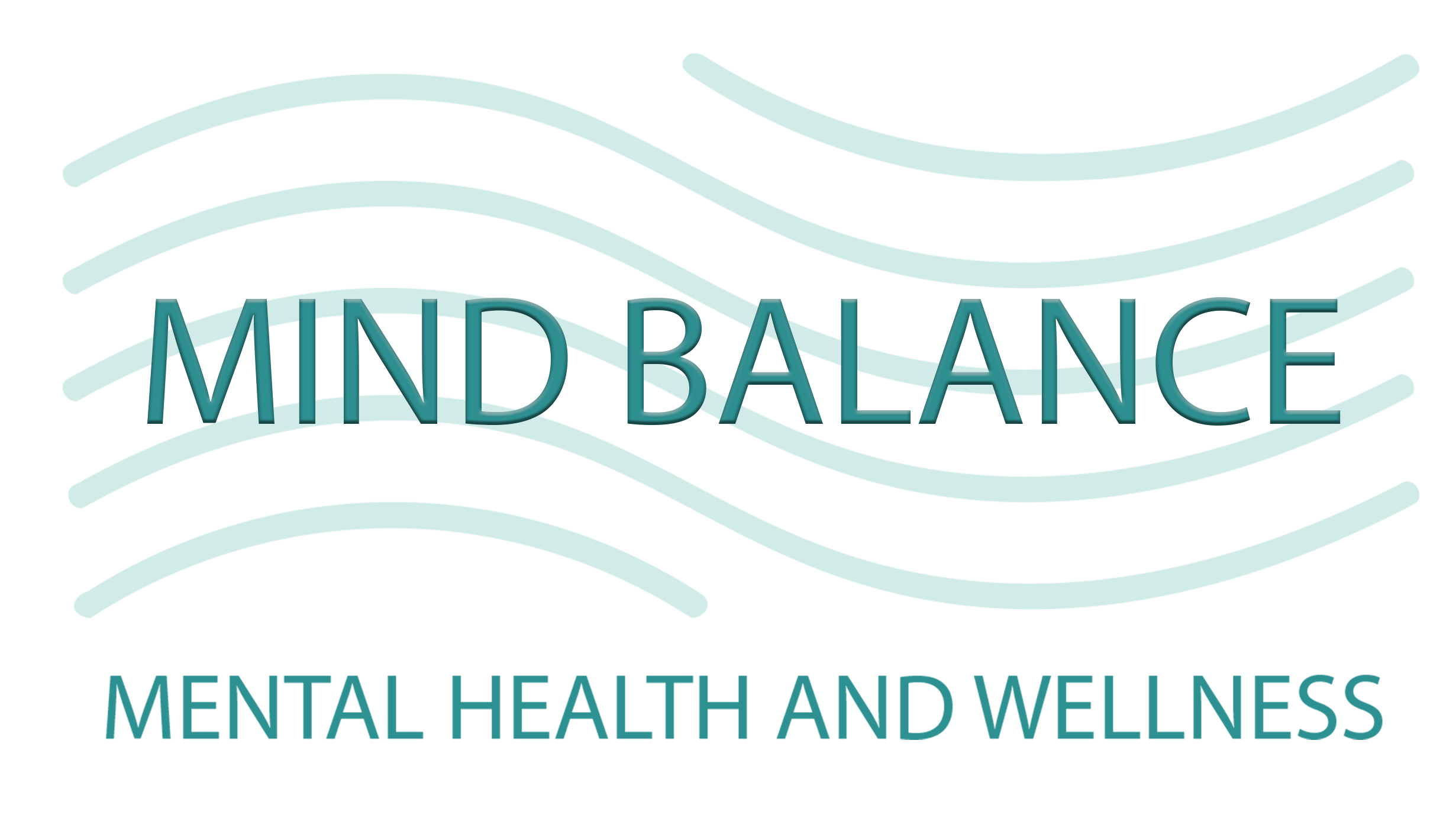The Efficacy of Antidepressants
Antidepressants play a vital role in the treatment of depression, particularly for those experiencing moderate to severe symptoms. At Mind Balance Mental Health and Wellness, we’re committed to providing effective mental health solutions. This section explores the effectiveness of antidepressants and the different types available.
Effectiveness of Antidepressants
Antidepressants are particularly effective for moderate, severe, and chronic depression, though they might not be as beneficial for mild cases. These medications aim to relieve symptoms and prevent the recurrence of depression, offering both short-term and long-term benefits.
Statistics show that approximately 20 out of 100 people experience significant symptom improvement with antidepressant treatment (NCBI Bookshelf). Moreover, antidepressants can lead to a 70% reduction in the risk of relapse up to 36 months after recovery (NCBI).
For additional mental health treatments, consider our anxiety treatment and bipolar disorder treatment.
Types of Antidepressants
There are several types of antidepressants, each working differently but generally offering similar levels of effectiveness for chronic, moderate, and severe depression. Here are the primary categories of antidepressants:
- Selective Serotonin Reuptake Inhibitors (SSRIs): These are often the first-line treatment due to their relatively favorable side effect profile. SSRIs work by increasing the levels of serotonin in the brain.
- Serotonin-Norepinephrine Reuptake Inhibitors (SNRIs): SNRIs increase both serotonin and norepinephrine levels in the brain. They are commonly prescribed for severe depression.
- Tricyclic Antidepressants (TCAs): One of the older classes of antidepressants, TCAs are effective but often have more side effects. They work by affecting several neurotransmitters.
- Monoamine Oxidase Inhibitors (MAOIs): These are usually prescribed when other medications haven’t worked. MAOIs can interact with certain foods and other medications, requiring strict adherence to dietary restrictions.
- Atypical Antidepressants: These don’t fit neatly into the other categories but offer an alternative for those who don’t respond to traditional antidepressants.
Understanding these options can help in managing depression effectively, supporting better mental health outcomes. For more on this topic, explore our resources on mental health treatment and outpatient psychiatry.
At Mind Balance Mental Health and Wellness, we’re dedicated to offering compassionate and effective depression treatment tailored to your needs.
Antidepressants and Side Effects
At Mind Balance Mental Health and Wellness, we recognize that understanding the potential side effects of antidepressants is a crucial component of effective depression treatment. Here, we’ll discuss both common and severe side effects.
Common Side Effects
Over half of individuals who take antidepressants experience side effects, especially at the beginning of their treatment. These side effects can vary depending on the specific medication, dosage, and individual reactions.
| Common Side Effects | Description |
|---|---|
| Dry Mouth | Reduced saliva production, leading to a parched feeling in the mouth. |
| Headaches | Mild to moderate headaches that may subside with continued use. |
| Dizziness | A sense of unsteadiness or lightheadedness, often in the first few weeks. |
| Restlessness | An increase in activity, agitation, or inability to stay still. |
| Sexual Problems | Decreased libido, difficulty achieving orgasm, or erectile dysfunction. |
It is crucial to discuss the pros and cons of different medications with our healthcare providers. Tailoring treatment to individual needs can help mitigate these side effects and optimize outcomes.
Severe Side Effects
While less common, severe side effects can occur and may require immediate attention. These side effects include more significant health risks and complications.
| Severe Side Effects | Description |
|---|---|
| Dizziness and Unsteadiness | Increased risk of falls and bone fractures, especially in older adults. |
| Heart Problems | Irregular heartbeat or other cardiovascular issues. |
| Epileptic Fits | Seizures, particularly in individuals with a history of epilepsy. |
| Liver Damage | Hepatotoxicity leading to impaired liver function. |
| Increased Risk of Suicidal Thoughts | Particularly in teenagers taking SSRIs or SNRIs. |
These severe side effects underscore the importance of regular monitoring and open communication with our healthcare team. We ensure continuous evaluation of each patient’s response to treatment, thereby reducing the risk of adverse effects.
For additional guidance and support, we encourage you to explore our comprehensive range of services, including behavioral health treatment, bipolar disorder treatment, and anxiety treatment. Our goal is to provide compassionate and effective mental health care tailored to each individual’s needs.
Duration and Monitoring of Antidepressant Use
Duration of Antidepressant Treatment
At Mind Balance Mental Health and Wellness, understanding the proper duration for antidepressant treatment is essential for achieving optimal results in depression treatment. Antidepressants are usually taken daily and are continued for at least four to nine months to prevent symptoms from returning ([NCBI Bookshelf).
For many individuals, continuation treatment lasting 4-9 months is recommended after the acute phase. This helps ensure that the depressive symptoms do not return. Long-term treatment, which can extend for one to two years or longer, is often considered for those at a high risk of recurring depression. Commonly used antidepressants, such as TCAs, SSRIs, or SNRIs, lower the risk of relapse in an average of 27 out of 100 people (NCBI Bookshelf).
It’s critical for individuals to remain consistent with their medication regimen and not to stop the medication abruptly. Doing so can lead to decreased effectiveness and increased side effects, which may complicate the treatment process ([NCBI Bookshelf).
Monitoring Antidepressant Effects
To ensure the efficacy and safety of our depression treatment, regular monitoring is vital. Antidepressants may take several days or weeks to start working, and they can cause side effects such as dry mouth, headaches, and decreased sex drive ([NCBI Bookshelf).
| Side Effect | Frequency & Management |
|---|---|
| Dry Mouth | Common; managing by staying hydrated |
| Headaches | Common; using appropriate pain relief |
| Decreased Sex Drive | Common; discussing with a healthcare provider for solutions |
Patients should attend regular doctor appointments to monitor improvement and deal with any adverse effects. This allows our healthcare providers to make necessary adjustments to the treatment plan. It’s essential that the medication is taken consistently and that any concerns or side effects are promptly communicated to your doctor.
If properly monitored and managed, antidepressant treatment can significantly improve the quality of life for those battling depression. Our comprehensive approach also includes psychological treatments and lifestyle modifications to support the overall well-being of our clients. For more information on our services and alternative treatments, explore our articles on tele-psychiatry and outpatient psychiatry.
Understanding Depression
Prevalence of Depression
Depression affects a significant number of individuals in the United States and around the world. According to the Cleveland Clinic, nearly 7% of adults in the United States experience depression annually, while over 16% will face it at some point in their lives. In children, approximately 4.4% suffer from depression. Globally, depression is a leading cause of disability, with the World Health Organization (WHO) noting it as the third leading cause of global disability in 2004, projected to be the leading cause by 2030 (NCBI).
| Population Group | Prevalence Rate |
|---|---|
| US Adults (Annual) | 7% |
| US Adults (Lifetime) | 16% |
| US Children | 4.4% |
Treatment Options
At Mind Balance Mental Health and Wellness, we offer a range of depression treatment options to cater to individual needs. The most commonly recommended treatments include psychotherapy and medications like SSRIs (Selective Serotonin Reuptake Inhibitors). These methods have shown high effectiveness in managing depressive symptoms (Cleveland Clinic).
There are also alternative therapies for those who may not respond to conventional treatments or prefer to supplement their care. Treatments can include emotional and physical wellbeing aspects, such as herbal alternatives and lifestyle modifications. Additionally, talk therapy combined with medication can improve outcomes significantly.
For comprehensive mental health care, we also provide services for other conditions related to emotional well-being, including anxiety treatment, bipolar disorder treatment, and ptsd treatment. Our approach aims to offer holistic support tailored to each individual’s specific needs, helping our patients find hope and healing.
Psychological Treatment for Depression
At Mind Balance Mental Health and Wellness, we understand that each individual’s journey through depression is unique. This is why we offer a range of psychological treatments tailored to meet our clients’ specific needs. Our approach includes therapies that have proven to be effective in managing and overcoming depression.
Cognitive Behavioral Therapy
Cognitive Behavioral Therapy (CBT) is one of the most widely used and effective forms of psychological treatment for depression. It focuses on identifying and challenging negative thought patterns and behaviors, and replacing them with more positive and constructive ones. CBT is designed to help clients:
- Understand the relationship between thoughts, feelings, and behaviors
- Develop and practice healthier ways of thinking
- Learn effective coping strategies
- Improve emotional regulation
According to NCBI Bookshelf, CBT is effective in reducing symptoms of depression and is often recommended as a first-line treatment. Our therapists work collaboratively with clients, setting achievable goals and providing tools to manage and eventually overcome depressive symptoms.
Effectiveness of Psychological Treatments
Psychological treatments can be as effective as medication in relieving acute moderate to severe depression (NCBI Bookshelf). In many cases, combining psychological treatments with medication provides the best outcomes, especially for severe or chronic depression. We offer a range of evidence-based therapies to ensure our clients receive comprehensive care.
While psychological treatments can sometimes be emotionally challenging, they focus on dealing with conflicts that contribute to depression. They offer long-term solutions by promoting stability and preventing recurrence. The patient-therapist relationship is also crucial for success. Issues such as dependency on the therapist or conflicts may arise, but our therapists are skilled in managing these dynamics to ensure a positive treatment outcome (NCBI Bookshelf).
At Mind Balance Mental Health and Wellness, we provide a variety of psychological treatments integrated within our holistic approach to mental health care. Whether you need help with depression treatment in Charlotte, anxiety treatment, or specialized care such as PTSD treatment, our experienced team is here to support you. For those unable to visit in person, we also offer tele-psychiatry services to ensure you get the help you need, wherever you are.



